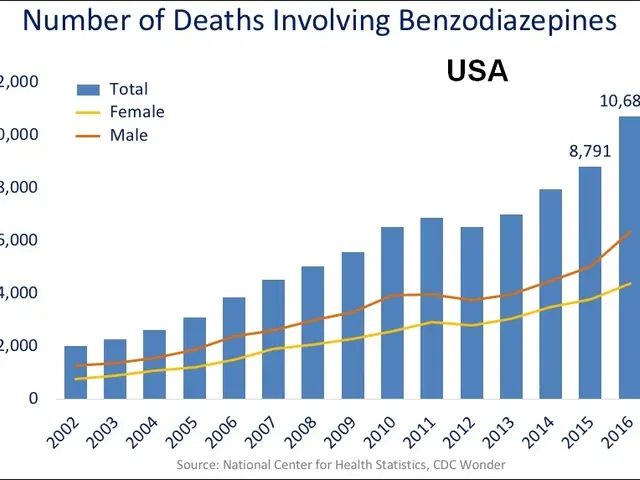Guidelines for Ethical Conduct in Caregiving for Families
Family caregiving is a deeply personal and unpaid role, often filled with love, respect, and affection for a family member. However, it can also be challenging, especially when caring for someone with dementia. A suggested code of ethics for family caregivers emphasizes respect, dignity, and communication that supports the cognitive and emotional needs of the person with dementia.
First and foremost, family caregivers should respect the autonomy and preferences of the individual they are caring for. This means understanding their nonverbal communication and avoiding unnecessary confrontation or restriction of their intentions. For example, responding calmly to attempts to leave a facility by engaging in conversation about their desires or memories can help maintain their dignity and autonomy.
Effective and compassionate communication is another key principle. Caregivers should facilitate communication patiently, allowing time for responses and using reassurance techniques. Transparent and candid dialogue about prognosis and treatment options with healthcare professionals also supports goal-aligned care decisions and reduces caregiver distress.
Advocacy based on knowledge is also essential. Caregivers should educate themselves about dementia progression to advocate effectively for deescalation of treatments that do not benefit the individual, coordinating care aligned with the person’s stage of dementia and quality of life.
Safety and empathy in care are also crucial. Training resources for caregivers stress creating a dementia-friendly environment, managing behaviors non-pharmacologically, and maintaining the dignity and safety of the individual.
Lastly, supporting the caregiver's own well-being is an integral part of ethical caregiving. This includes recognizing the caregiver’s own needs for support, respite, education, and mental health care, ensuring their sustained capacity to provide compassionate care.
This ethical framework draws on guidelines from long-term care regulatory standards, qualitative research on caregiver-clinician communication, dementia care training initiatives, and policy analysis on informal caregiver support. Together, these sources inform an integrated approach that balances respect for the dementia-affected individual with support for the caregiver’s role and well-being.
Involving the person you are caring for in decision-making, even in the early and middle stages of dementia, is also encouraged. Talking to the person you are caring for about their current religious beliefs and driving them to the place of worship if they wish to pray is another aspect of respecting their autonomy.
It's important to note that while family caregivers should strive to follow a code of ethics, there is no standard or legal code of ethics for informal/family caregivers in the US. However, maintaining a committed relationship with the dementia-affected person, especially if you are a son, daughter, or spouse, is essential.
Accepting the loss of mutual accountability in a relationship when caring for a dementia-affected spouse is also part of the caregiving journey. Other family members may not be able to invest as much time in caregiving due to personal commitments; ensuring they have key details about the person's condition can help them support from a distance.
Remembering good memories with your loved one can help stay calm during difficult moments. Recognizing the person with dementia's right to function autonomously, regardless of the stage, is also crucial.
While professional caregivers and nurses have a code of ethics they must follow with legal implications, family caregivers do not have a formal code. However, developing a personal code of ethics through sharing with fellow caregivers can help guide decisions and ensure the best possible care for the person with dementia.
- A personal code of ethics can serve as a valuable guide for family caregivers, emphasizing the importance of respecting the autonomy and preferences of the person with dementia, as well as maintaining effective, compassionate communication with them.
- Advocacy based on knowledge is essential for family caregivers, who should educate themselves about dementia progression to advocate effectively for the person they are caring for and ensure care decisions align with their stage of dementia and quality of life.
- Involving the person with dementia in decision-making is encouraged, even in the early and middle stages, and can include discussions about their current religious beliefs and driving them to a place of worship if they wish to pray.




